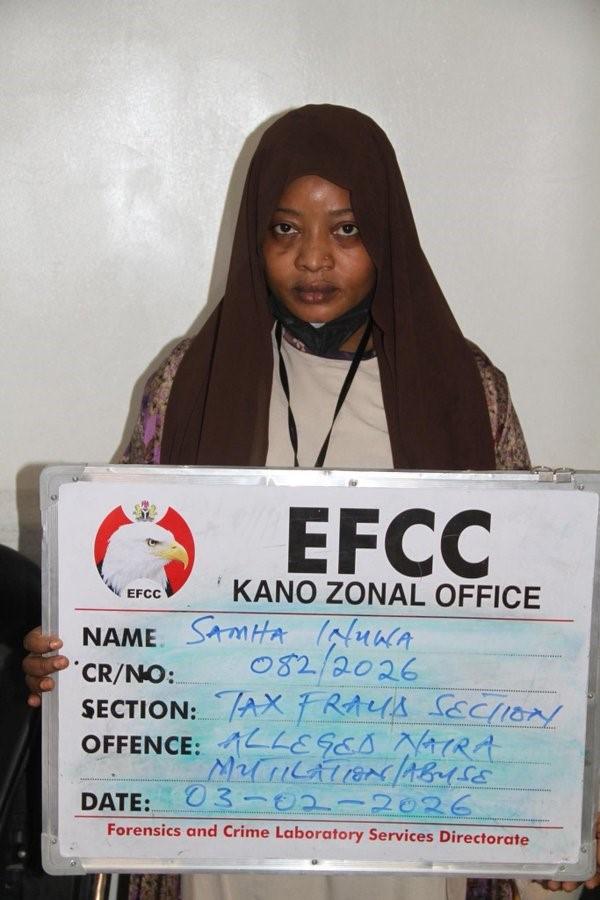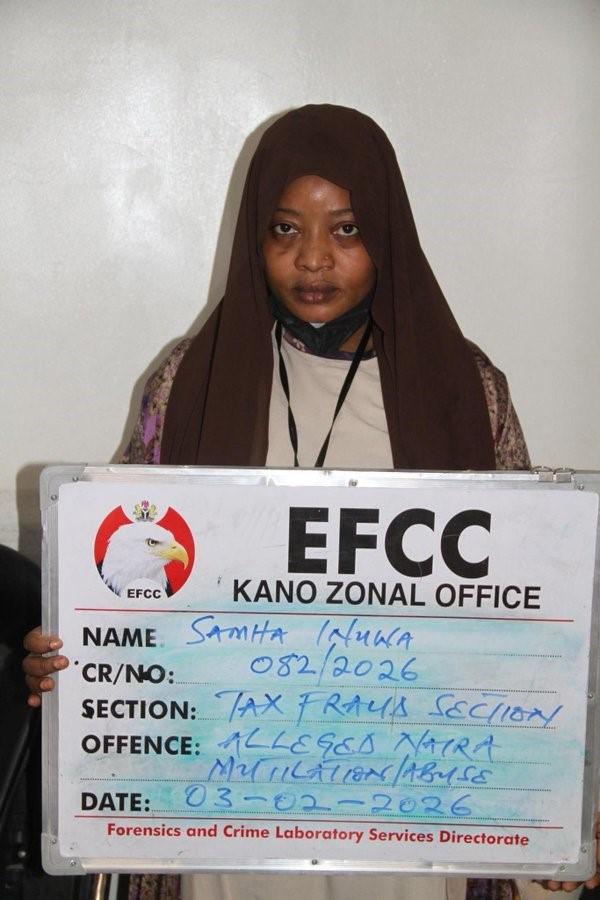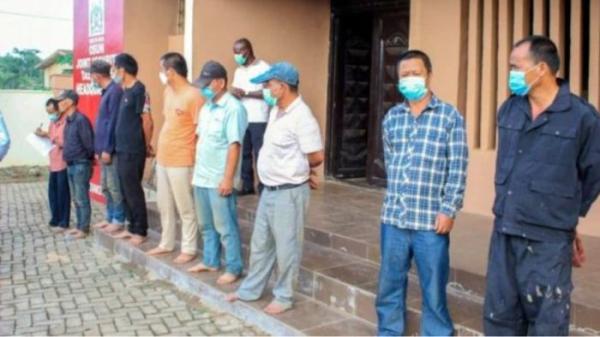
Experts have tasked Nigerian scientists and researchers to develop drugs that would not only meet the nation’s healthcare needs but also see it participate in the global traditional medicine market.
Paul Orhili, Director General, National Agency for Food and Drugs Administration and Control (NAFDAC) has urged that given the enormous potentials traditional medicine offers, a holistic step should be taken to ensure that effective regulation is in place in order to aid the incorporation of traditional medicine into the nation’s healthcare system.
According to Orhili, only a few out of 1,375 traditional medicine products, ranging from processed and packaged powders to syrups/suspensions and ointment/creams, listed by NAFDAC in the last 15-18 years in Nigeria, have been formulated into pharmaceutical dosage forms.
He stated that though evidence of efficacy is not a perquisite of herbal listing by NAFDAC but there must be claims of indications as well as a proof of scientific research to ensure that due process was followed to limit harmful effects when they are allowed into the market.
He pointed out his concern about the proliferation of some traditional medicines, particularly the herbs, roots or other allied products that are put out to the public via the media, with ridiculous and unsubstantiated claims of cure for ailments, including serious diseases like HIV/AIDS.
He revealed that NAFDAC enlists products based on safety studies under the current regulatory regime, adding that the agency hopes to raise the status of listed products by taking the new initiative and steps in other to provide more reliable, safer and good quality herbal supplements generally accepted across the globe.
A Managing Director, Nigerian Medicinal Plants Development Company (NMPDC), Sheriff Zainab, explained that the discovery and isolation of artemisinin from Artemisia, a plant used in the formulation of antimalarials has been in use in China for almost 2000 years.
As more than 100 countries have regulations for herbal medicines, Zainab stated that in some Asian and African countries, 80 percent of the population depends on traditional medicine for primary healthcare even as herbal medicine generates billions of dollars in revenue.
“It takes years for a new drug to get through the research and development pipeline to manufacture and the cost is enormous. Growing drug resistance, in part caused by the misuse of medications, has rendered several anti-biotic and other life-saving drugs useless. A few major triumph have stoked interest in traditional medicine as a source for highly successful and lucrative drugs”, he explained
“The best known of these is artemisinin used to treat malaria. The safety, effectiveness and quality of finished herbal medicine products depend on the quality of their source materials (which can include hundreds of natural constituents), and how elements are handled through production processes,” Zainab added.






















